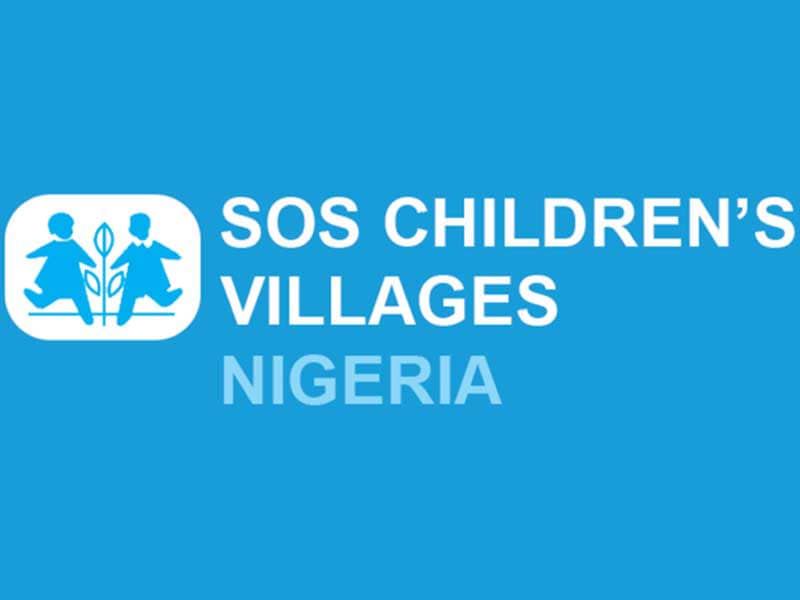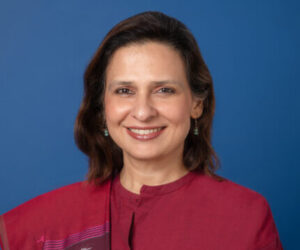3
El Ameen Ibrahim
As the world celebrates the 2025 International Day of the Girl Child themed “The Girl I Am, The Change I Lead: Girls on the Frontlines of Crisis,” the National Director of SOS Children’s Villages Nigeria, Eghosa Erhumwunse, has emphasized the need for Nigeria to move beyond policy rhetoric and commit to concrete, coordinated action that invests in girls as innovative leaders capable of shaping global transformation.
Erhumwunse noted that Nigeria remains a nation brimming with potential, yet its girls continue to shoulder the heaviest burdens in times of crisis. In 2024 alone, over 1.2 million Nigerians were displaced by floods, with about 610,000 people affected and 225,000 uprooted across 29 states.
In Borno State, already ravaged by over a decade of insurgency, flooding forced more than 150,000 children out of their homes, leaving many in makeshift shelters with minimal access to education, healthcare, and protection.
These realities, he said, underscore the pressing need for inclusive, child-centered responses that preserve and nurture the potential of girls enduring the brunt of overlapping crises.
The SOS Nigeria boss further remarked that despite daunting challenges, the organization has recorded inspiring progress among girls determined to redefine what it means to live and lead amid adversity.
“Many who once faced displacement and loss are now rebuilding their futures through education, mentorship, and leadership opportunities,” he said. “Through our humanitarian and resilience-building programs, young girls are leading peer groups, speaking against child marriage, developing entrepreneurship skills, and closing the gap in education and economic empowerment.”
Across Nigeria, he added, more girls are emerging as eco-champions, spearheading initiatives in tree planting, waste management, and climate advocacy that highlight gender-responsive climate action. “They are showing that resilience is not just about survival — it is leadership in motion,” he stressed.
Erhumwunse described empowering girls as not only a moral duty but also a strategic approach to building societies that can withstand shocks and thrive in uncertainty.
“The girl is a leader, a reservoir of untapped potential, strength, and creativity,” he affirmed. “Across crisis-affected communities, we have seen girls who refuse to be silenced by hardship. They rise above fear, innovate through adversity, and lead with compassion. They are not victims; they are the heartbeat of transformation, the change we hope to see in our world.”
He added that true progress begins when societies move from stagnation to action:
“True change does not come when we remain static; it comes when we move — when we empower, educate, and equip girls to take motion toward purpose. When we invest in the potential of the girl child, we invest in the future of our communities, our nation, and our planet,” he said.
Erhumwunse reaffirmed that SOS Children’s Villages Nigeria remains committed to partnering with government agencies, development partners, civil society, and the private sector to prioritize girl-centered initiatives that expand access to education, digital literacy, leadership development, and safe spaces for participation and innovation.
“By placing the Nigerian girl at the heart of sustainable development,” he concluded, “we can ensure she not only survives crisis — but leads change and drives global impact.”








